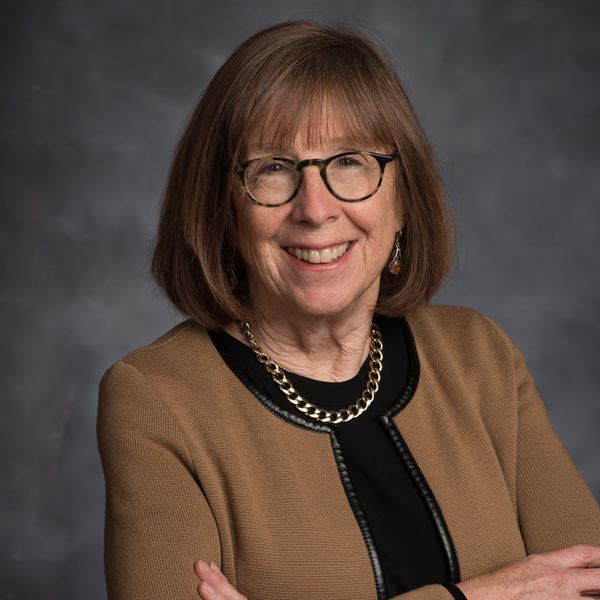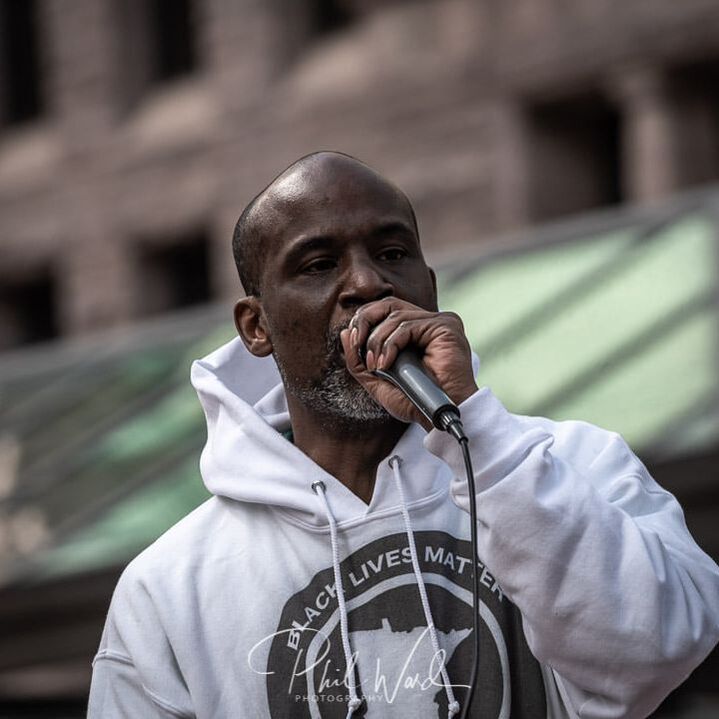|
By Jane Prince Several years ago, I immersed myself in reading I should have done decades earlier to be better informed about slavery in America, its aftermath, and Black history. I experienced horror and shame, not only for my country, but for my own complicity as a white middle class American who had enjoyed the privilege of ignorance. Until then, I had somehow failed to make the connection between our nation’s ability to compete in the world economy and our willingness to conspire in our nation’s original sin of the brutal, inhuman, immoral institution of slavery of Black Americans. Had President Lincoln lived, had Reconstruction fulfilled its promise, had 40 acres and a mule been deeded to freed slaves as the damages they were owed, the playing field might have been levelled between Blacks and whites. But instead, our nation reimbursed slaveholders for the human “property” taken from them through emancipation. The abandonment by the federal government of Reconstruction efforts in the South thrust former enslaved people into a new social order, with Jim Crow laws and terroristic actions that cemented their inability to succeed in America. For Blacks who fled the South, Minnesota “welcomed” them with systemic discrimination perpetrated through real estate redlining and racial covenants that blocked access to housing. As if that was not enough, this city allowed the plowing-under of the Rondo neighborhood — the center of Saint Paul’s African American business, residential, spiritual and cultural life — for the construction of Interstate 94. A few years ago Trahern Crews, a nationally known reparations organizer from Saint Paul, shared his idea for an ordinance. He had drafted it as a model for a municipal government program of reparations. I signed on with Trahern to help bring it to reality. As a St. Paul City Council member, I believe local government can and must serve as a means for advancing social change. We were encouraged by the news that the City of Evanston had passed an ordinance in August 2019 to create a process to address reparations, with a dedicated funding source from the city’s new municipal tax on recreational cannabis. In partnership with the East Side Freedom Library, we launched the St. Paul Recovery Act Reparations Reading Group in February 2020. The monthly sessions offered history lessons on the development of systemic racism and its effects. The goal was to build public understanding and support for a reparations initiative. At the same time, Trahern was organizing a steering committee that spent 2020 working within the African American community and among allies to build support and momentum. By late fall, and in the wake of George Floyd’s murder, the committee lobbied the Saint Paul City Council to pass a resolution as the first step in creating a different future. The resolution included an apology for the City's role in the institutional and structural racism that has denied Saint Paul’s African American community access to housing, jobs, education, and health care. It also called for the creation of a Legislative Advisory Committee to create a framework for a permanent commission, to be known as the Saint Paul Recovery Act Community Reparations Commission. The commission will be empowered to make recommendations to specifically address the creation of generational wealth for the American descendants of chattel slavery and to boost economic mobility and opportunity in the Black community. On January 13, 2021, St. Paul City Council passed the resolution unanimously. The language in this resolution lays out bold expectations for a different kind of future for Saint Paul. This is the beginning of a process that will put reparations on the city’s agenda. Ta-Nehisi Coates has described the fulfillment of reparations as “a world not where the black race and white race live in harmony, but a world in which the terms black and white have no real political meaning.” With all my might, I hope that our City of Saint Paul is worthy of the love, dedication and confidence invested in this resolution. Our commitment must be fervent and enduring. Reparations to right the wrongs of racial injustice must happen here, now.
Through the work of the Mapping Prejudice project, homeowners in the Armatage neighborhood of Minneapolis learned that they all had racial covenants on their homes. The neighbors sought out Just Deeds (justdeeds.org), a coalition of eight cities that offers legal help to renounce the covenants.
The neighbors made lawn signs that say, "This home renounced its racial covenant," to share the message and spark conversations. Through Armatage Reparations & Equity Action, they are planning ways to support initiatives to close the homeownership gap, back reparations legislation, and make micro-reparation payments directly to Black Minnesotans. As we learn about the ways in which racism has been systematic, we discover how we can work to disrupt the system and undo some of the damage. Learn more about the St. Paul City Council action at bit.ly/replegad. If you're asking why reparations are needed, please read: The Case for Reparations by Ta-Nehisi Coates.
0 Comments
Leave a Reply. |
Topics
All
Beloved Community ResourcesUnity Justice Database
Team Dynamics House of Intersectionality Anti-Racism Resources in the Unity Libraries Collection Creative Writers of Color in Unity Libraries The History of Race Relations and Unity Church, 1850-2005 Archives
July 2024
Beloved Community Staff TeamThe Beloved Community Staff Team (BCST) strengthens and coordinates Unity’s antiracism and multicultural work, and provides opportunities for congregants and the church to grow into greater intercultural competency. We help the congregation ground itself in the understanding of antiracism and multiculturalism as a core part of faith formation. We support Unity’s efforts to expand our collective capacity to imagine and build the Beloved Community. Here, we share the stories of this journey — the struggles, the questions, and the collaborations — both at Unity and in the wider world.
The current members of the Beloved Community Staff Team include Rev. Kathleen Rolenz, Rev. KP Hong, Rev. Lara Cowtan, Drew Danielson, Laura Park, Lia Rivamonte and Angela Wilcox. |

